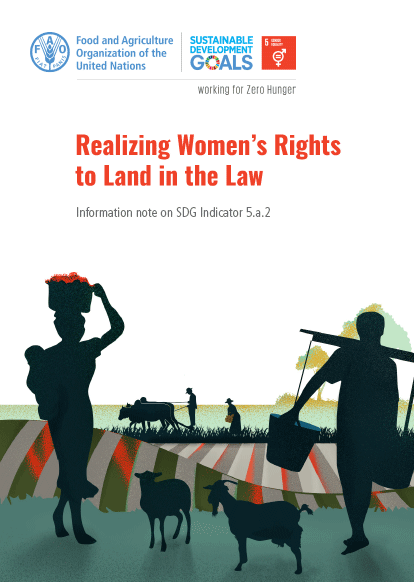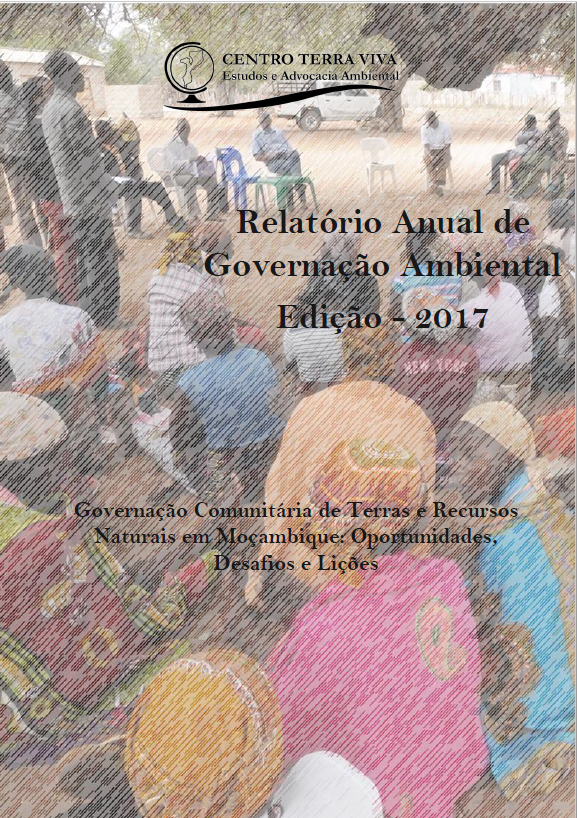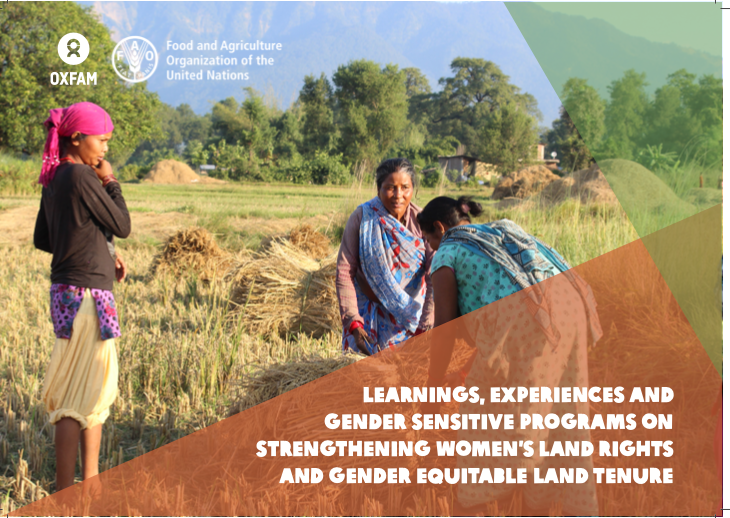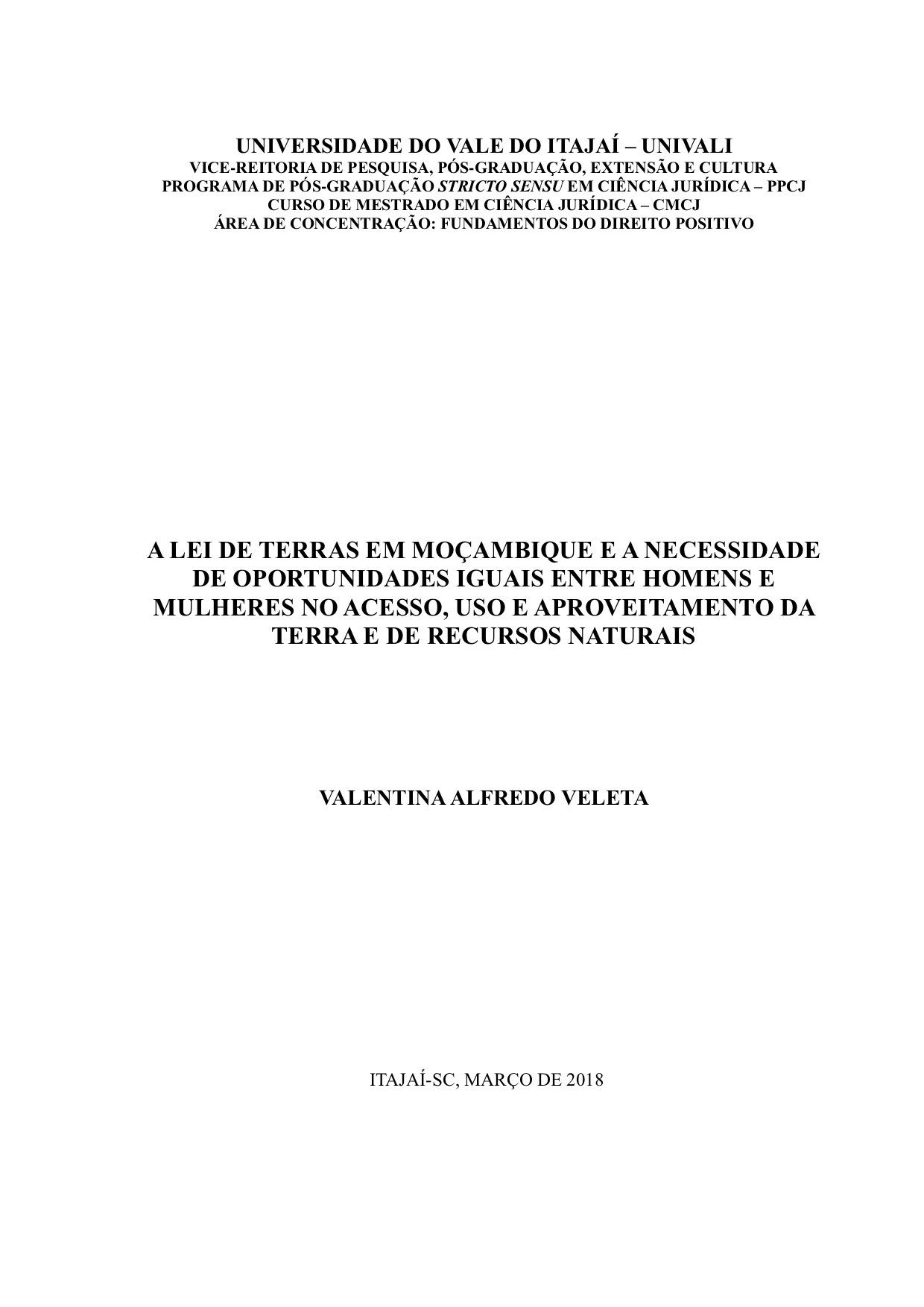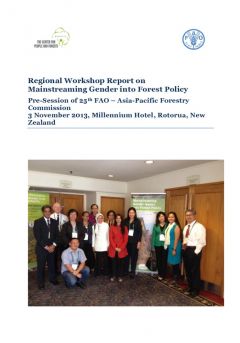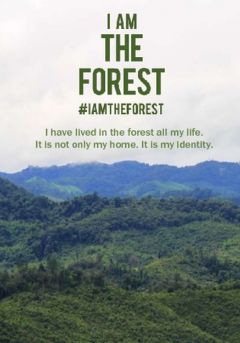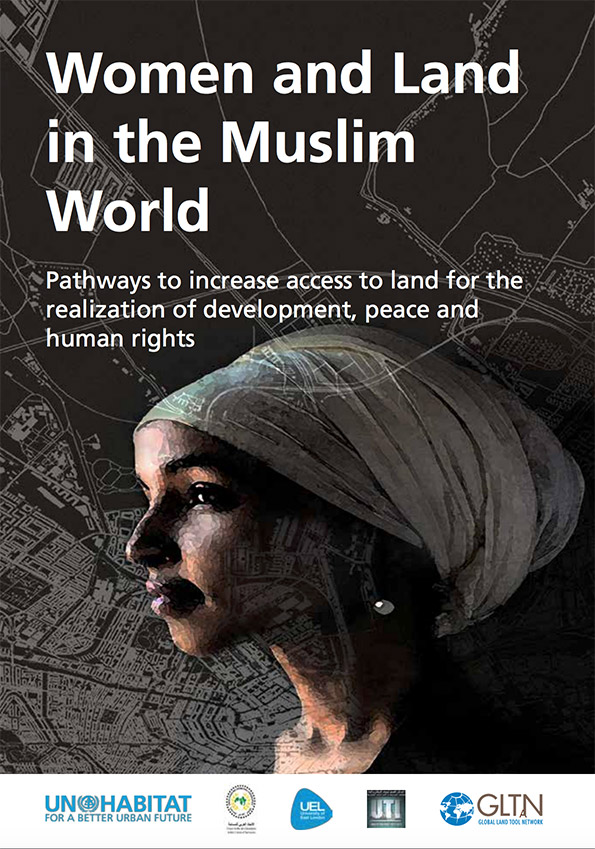Realizing Women's Rights to Land in the Law
Goal 5 of the Sustainable Development Goals (SDGs) "Achieve gender equality and empoer all women and girls" regonizes the fundamental role of women in achieving poverty reduction, food security and nutrition. Target 5.a aims to "undertake reforms to give women equal rights to economic resources, as well as access to ownership and control over land and other forms of property, financial services, inheritance and natural resources, in accordance with national laws".

